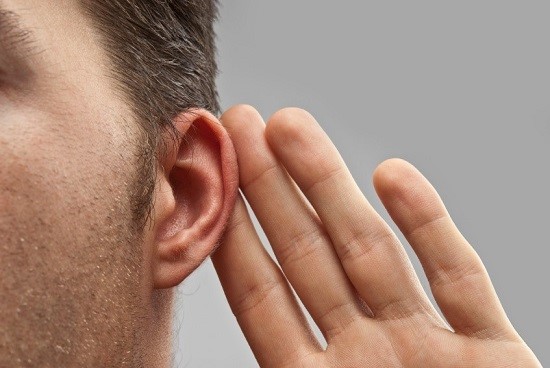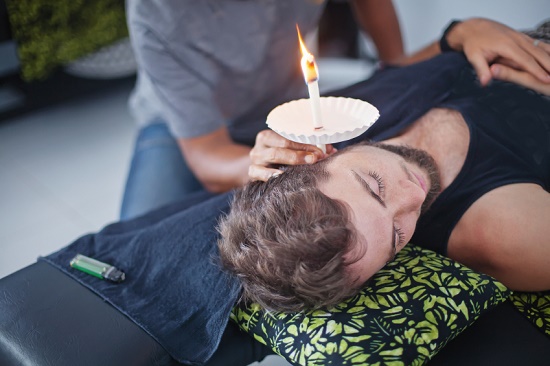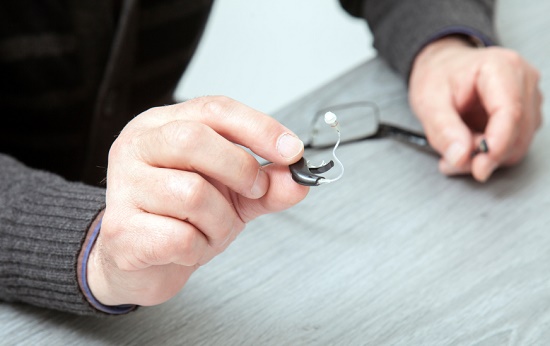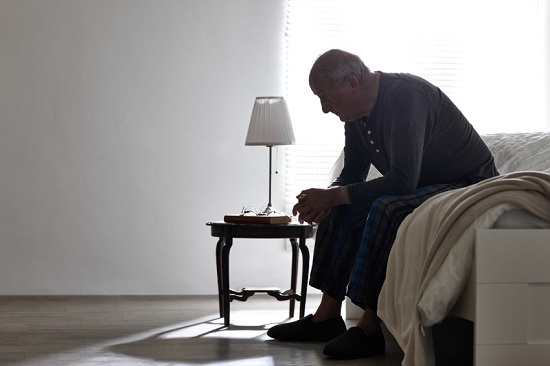How to Find Relief for Your Tinnitus
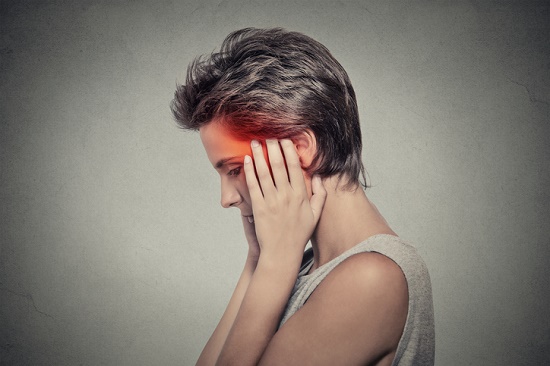
Though it’s true that there is currently no scientifically-verified method to cure tinnitus, researchers are hard at work to uncover one. In the meantime, a variety of tinnitus therapy options are available that can provide significant relief.
Think about it this way. When you have a headache, you take Tylenol in spite of the fact that it doesn’t “cure” your headache. Pain relievers merely make the pain fade into the background so that it doesn’t interfere with your day. Similarly, tinnitus therapies can help minimize the degree of symptoms so that your tinnitus has minimal affect on your daily schedule.
Seeing as every person reacts to tinnitus differently, there’s no one-size-fits-all treatment. You’ll need to work together with your provider to find the option that is most effective for you.
Here are some of those options.
Tinnitus Treatment Methods
If you suffer from tinnitus, you’ll want to examine the following treatment options with your hearing care or healthcare professional.
Treatment of the underlying ailment
While the majority of instances of tinnitus are not curable—and are a consequence of hearing loss or other non-reversible injury—certain cases are the result of an underlying physical condition. You’ll want to rule these out before pursuing other treatment options.
Potential physical causes of tinnitus include jaw joint problems (temporomandibular joint, or TMJ dysfunction), excessive earwax or other blockages in the ear canal, head and neck injuries, and responses to specific medications.
General Wellness
The degree of tinnitus symptoms can fluctuate depending on all-around health. Taking steps to boost general well-being is, consequently, one thing tinnitus patients can get started on right away to alleviate the intensity of symptoms.
Every individual is different, and what gets results for someone else may not work for you. The purpose is to experiment with different activities to discover what is most effective.
Strategies that have displayed promise include instituting a healthy diet, achieving plenty of physical exercise, meditating, and partaking in activities like bicycling, which can cover up the sounds of tinnitus.
Hearing Aids
Tinnitus is often associated with hearing loss and hearing injury. In reaction to decreased stimulation from external sound, the brain undergoes maladaptive changes that produce the perception of tinnitus.
By increasing the amount of environmental sound, hearing aids can help mask the tinnitus, making the sounds of tinnitus less conspicuous. Hearing aids in addition supply enhanced sound stimulation to the brain, which is thought to be neurologically favorable.
Sound Therapy
Sound therapy is basically the delivery of sound in the form of white noise, pink noise, or nature sounds to reduce the perceived burden or intensity of tinnitus.
Sound therapy functions by covering up the tinnitus and additionally by training the brain to recategorize the sounds of tinnitus as unimportant. This twofold effect can reduce the short and long-term severity of tinnitus.
Sound therapy can be delivered through special tabletop devices, but also through portable multimedia products and even through hearing aids. Medical-grade sound therapy makes use of individualized sounds that match the pitch of the individual’s tinnitus for the most effective results.
Behavioral Therapy
Bear in mind that tinnitus is the sense of sound in the brain when no outside sound is present. The affliction is, therefore, highly subjective, and each person reacts a unique way.
In fact, whether or not the person perceives tinnitus as debilitating or minor is largely due to psychological tendencies and not to the intensity or pitch of the tinnitus. That’s why cognitive/behavioral solutions to tinnitus therapy have been shown to be very effective.
A number of therapies are available, including Mindfulness-Based-Stress-Reduction (MBSR) and Tinnitus-Retraining-Therapy (TRT), which blends cognitive-behavioral-therapy with sound therapy.
Drug Therapies
Even though there are no current FDA-approved medications for tinnitus, antianxiety and antidepressant prescriptions are regularly used to treat the behavioral responses to tinnitus. These medications do not appear to affect tinnitus itself, but may supply much-needed relief if thought to be appropriate by your doctor.
Experimental Therapy
The search for a tinnitus cure is ongoing. Several experimental therapies are in development or evaluation and new techniques become available every year. If your tinnitus is significant, and you’ve attained very little benefit from existing therapies, you may be a candidate for one of these advanced treatment options.
Visit the Experimental Therapies web page at the American Tinnitus Association website for more details.
Find Relief For Your Tinnitus
Tinnitus is currently being aggressively studied, with brand new discoveries and potential treatment methods reported every year. Even now, there are several promising treatments that, while not supplying a cure, can supply significant relief. You owe it to yourself to investigate these options, stay positive and persistent in your tinnitus care, and work with your provider to refine your treatment plan for the greatest results.


